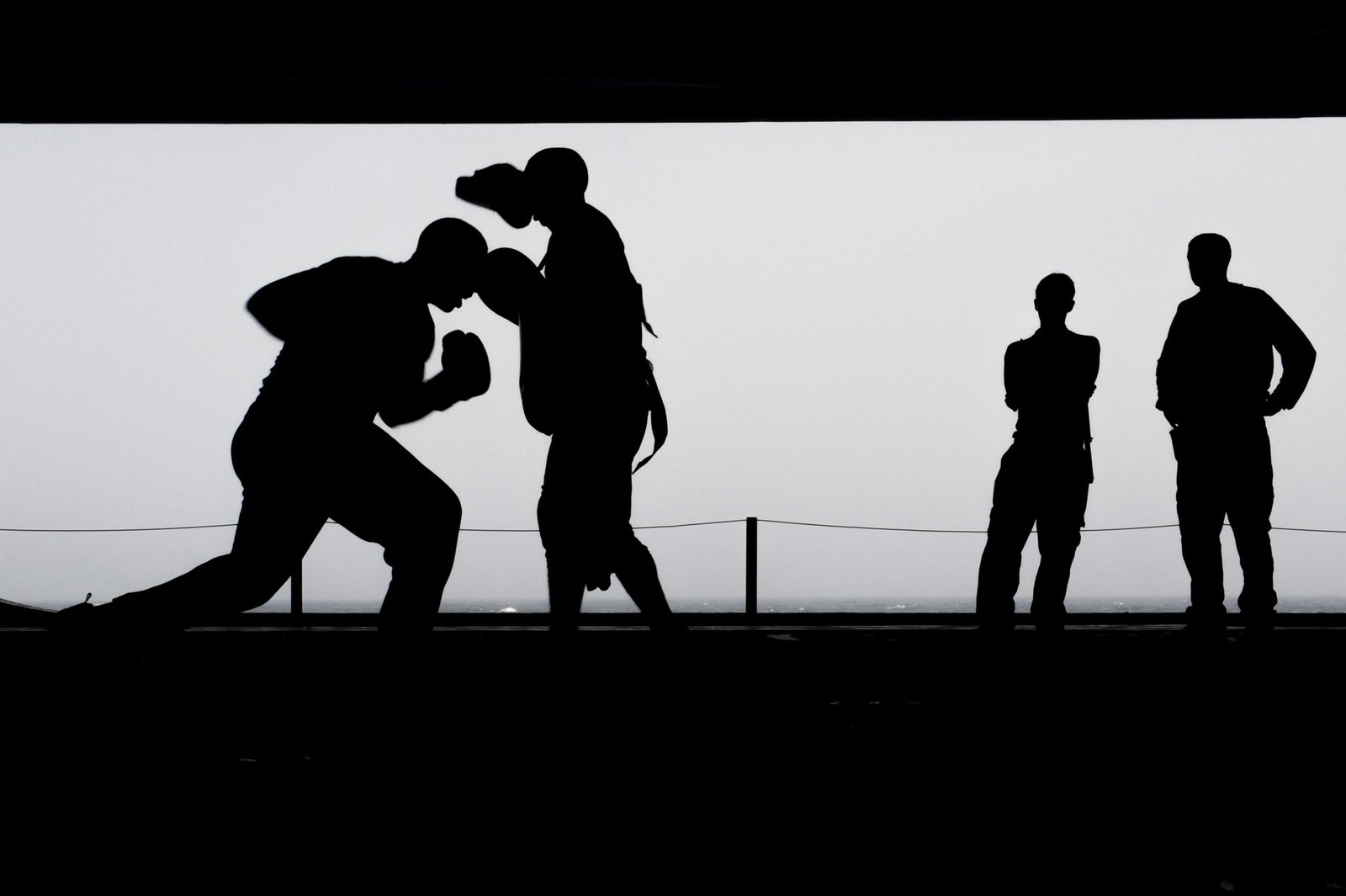The Importance of Hydration for Fitness and Performance
When it comes to achieving your fitness goals, whether it be gaining muscle or losing fat, there are a few things that come to mind, such as diet, exercise, and rest. However, one crucial aspect of achieving optimal fitness and performance is often overlooked, and that is hydration. Hydration is not just about drinking water, but it is about maintaining the right balance of fluids and electrolytes in your body. In this article, we will discuss the importance of hydration for fitness and performance, how much water you should drink, the signs of dehydration, and other related FAQs.
The Importance of Hydration for Fitness and Performance:
Our bodies are made up of 60% water, and it plays a vital role in many bodily functions, including temperature regulation, digestion, and waste removal. Hydration is particularly important when it comes to fitness and performance. When you exercise, your body temperature rises, and you begin to sweat to cool down. Sweating causes you to lose water and electrolytes, which can lead to dehydration if not replenished.
Dehydration can have a significant impact on your fitness and performance, such as decreased endurance, decreased strength, and increased fatigue. Research has shown that even mild dehydration, as little as 1% of body weight, can have a negative impact on performance. This means that if you are dehydrated, you will not be able to perform at your best, and your fitness goals may suffer.
How Much Water Should You Drink:
The amount of water you should drink depends on various factors, such as your body weight, activity level, and climate. The general rule of thumb is to drink at least eight 8-ounce glasses of water a day. However, this is just a starting point, and you may need to drink more depending on your individual needs.
A good way to determine how much water you should drink is to use the urine color test. If your urine is pale yellow or clear, you are hydrated. If it is dark yellow or amber, you are dehydrated, and you need to drink more water.
If you are an athlete or someone who exercises regularly, you may need to drink even more water. The American Council on Exercise recommends drinking 17 to 20 ounces of water two to three hours before exercise, and then another 8 ounces 20 to 30 minutes before exercise. During exercise, you should drink 7 to 10 ounces of water every 10 to 20 minutes.
Signs of Dehydration:
It is essential to recognize the signs of dehydration so that you can take action before it becomes severe. Some of the signs of dehydration include:
- Thirst
- Dry mouth and throat
- Dark yellow urine
- Headache
- Dizziness
- Fatigue
- Muscle cramps
- Confusion
If you experience any of these symptoms, it is essential to drink water immediately and rest.
Hydration and Weight Loss:
If you are trying to lose weight, hydration is even more important. When you are dehydrated, your body may mistake thirst for hunger, leading you to eat more than you need. Additionally, drinking water can help you feel fuller, reducing the likelihood of overeating.
Research has also shown that drinking water can increase your metabolism, helping you burn more calories throughout the day. One study found that drinking 500 ml of water increased metabolic rate by 30% for about an hour.
Hydration and Muscle Growth:
If you are trying to build muscle, hydration is crucial. When you exercise, your muscles undergo stress, leading to small tears in the muscle fibers. To repair and rebuild these muscle fibers, your body needs water and nutrients. Without adequate hydration, your muscles may not be able to recover and grow.
Additionally, drinking water can help improve your performance in the gym. When you are hydrated, your muscles are better able to contract, allowing you to lift heavier weights and perform more reps. This, in turn, can lead to greater muscle growth.
Hydration and Recovery:
Proper hydration is also essential for recovery. After a workout, your body needs water and nutrients to repair and rebuild muscle tissue. Drinking water can also help flush out metabolic waste products, such as lactic acid, that can build up in your muscles during exercise. This can help reduce muscle soreness and speed up recovery.
Hydration and Electrolytes:
When we talk about hydration, we often hear about electrolytes. Electrolytes are minerals, such as sodium, potassium, and magnesium, that help regulate fluid balance in your body. When you sweat, you lose electrolytes along with water, and it is essential to replenish them to maintain optimal hydration levels.
Sports drinks are often marketed as a way to replenish electrolytes during exercise. However, most people do not need to consume sports drinks unless they are engaging in prolonged, high-intensity exercise. For most people, water is sufficient for staying hydrated during exercise. If you do choose to consume sports drinks, be aware that they often contain added sugars and calories, so they should be consumed in moderation.
Hydration and Health:
Proper hydration is not only essential for fitness and performance, but it is also vital for overall health. Chronic dehydration has been linked to a range of health problems, such as kidney stones, urinary tract infections, and even cognitive impairment.
Drinking water can also help reduce the risk of certain diseases. For example, research has shown that drinking water can help prevent kidney stones, reduce the risk of bladder cancer, and lower the risk of heart disease.
Conclusion:
Proper hydration is a crucial aspect of achieving optimal fitness and performance. When you exercise, your body loses water and electrolytes, and it is essential to replenish them to avoid dehydration. Drinking enough water can also help with weight loss, muscle growth, and recovery. Additionally, staying hydrated is important for overall health and can help reduce the risk of certain diseases. By understanding the importance of hydration and taking steps to stay properly hydrated, you can reach your fitness goals and improve your overall health and well-being.
FAQs:
Q: Can you drink too much water?
A: While rare, it is possible to drink too much water, a condition known as water intoxication or hyponatremia. This can occur when you drink large amounts of water in a short period, causing a dilution of electrolytes in your body. Symptoms of water intoxication include headache, nausea, vomiting, and confusion.
Q: Can other beverages, such as coffee or tea, count towards my daily water intake?
A: Yes, other beverages can contribute to your daily water intake. However, it is important to note that some beverages, such as coffee and tea, can have a diuretic effect, meaning they may cause you to lose more water than you consume.
Q: How do I know if I am drinking enough water?
A: The urine color test is a good way to determine if you are drinking enough water. Additionally, monitoring your thirst levels and paying attention to any signs of dehydration can help ensure that you are staying adequately hydrated.










